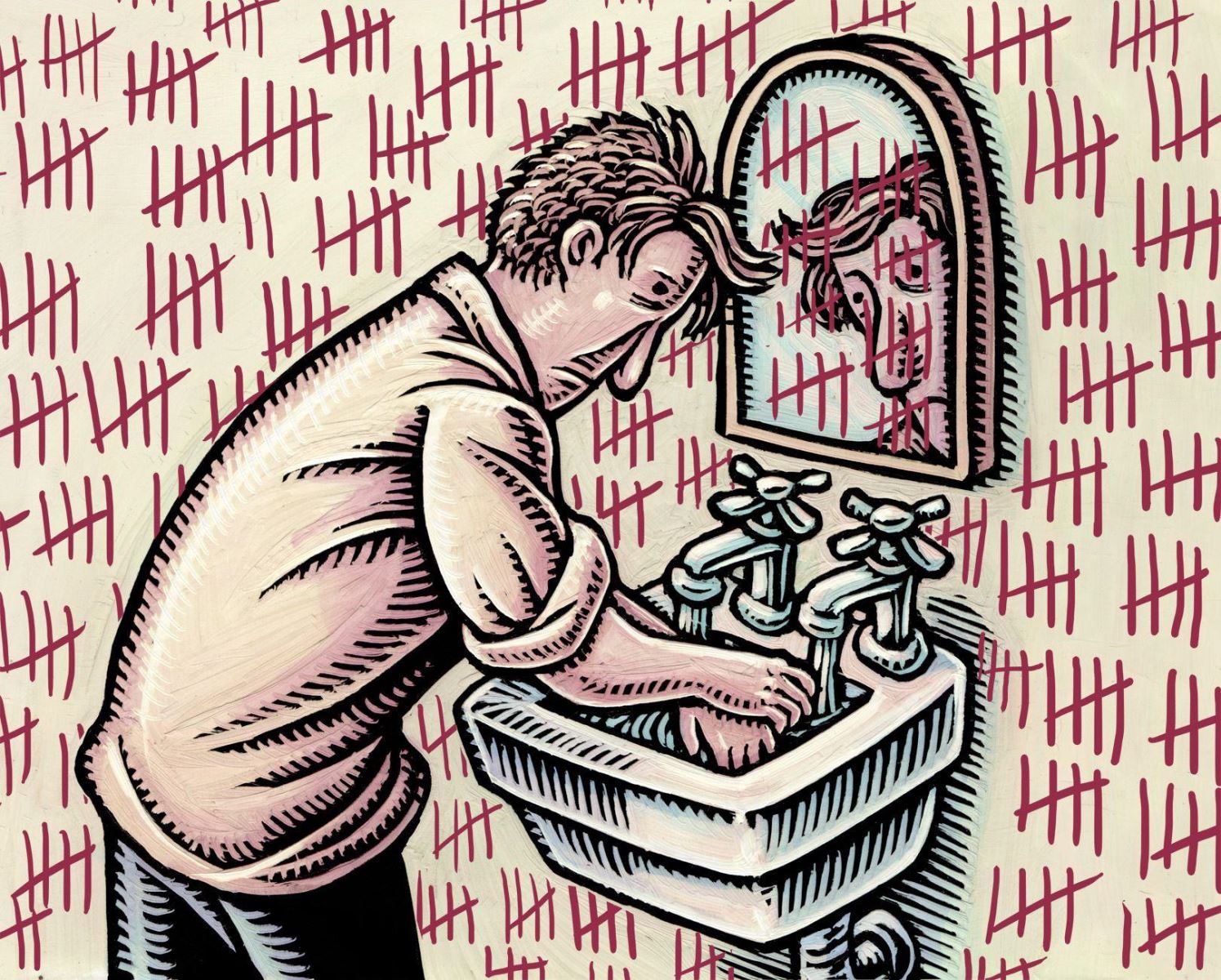Some people tend to do repetitive acts such as hand washing, checking on things or cleaning. These acts sometimes significantly interfere with a person’s daily activities and social interactions, which indicates that this person suffers from a disorder known as Obsessive-Compulsive Disorder (OCD).
Obsessive-Compulsive Disorder is an anxiety disorder in which people have recurring unwanted thoughts, ideas, or sensations (obsessions) that make them feel driven to do something repetitively (compulsions).
Many people have focused thoughts or repeated behaviors that not only disrupt their daily life, but may also make it easier. On the other hand, people with OCD have persistent thoughts and unwanted behaviors and not doing them causes great distress.
Common symptoms of the obsessions are:
- Contamination: fear of dirt, germs and sticky substances, or of getting sick, or of others getting sick after touching “dirty” or “contaminated” items.
- Symmetry and exactness: persistent need to order items in a certain way. For example, according to color, size, or facing a certain direction. Some people with this obsession fear that if they did not order things in a symmetrical way something bad might happen.
- Forbidden or unwanted thoughts: fear of losing control and harming yourself or others.
Common symptoms of the compulsions are:
- Washing or cleaning: washing hands excessively, sometimes until they are raw and bleeding.
- Checking things: checking doors, locks, or backpacks to make sure everything is safe.
- Counting, tapping, touching, or rubbing objects repetitively: Some people have lucky and unlucky numbers involved in their rituals.
- Arranging items in specific ways: such as bed sheets, books in the school locker, or book bag. For example, a child might need to line up all the shoes in the closet so that they all face forward, and are matched by color.
- Mental rituals: some compulsions are performed in people’s heads, such as saying prayers or trying to replace a “bad” image or thought with “good” image or thought. For example, a teen might have a bedtime prayer that s/he keeps repeating until they feel relaxed.

Image credits: telegram.com
The OCD reasons are not fully understood. It may result because of changes in the body's natural chemistry or brain functions. It may also occur because of some environmental factors, but more research is needed. However, there are some factors that may increase the risk of developing the Disorder:
- Having parents or other family members with the Disorder.
- Experiencing stressful or traumatic life events.
- Suffering from other mental health disorders, such as anxiety disorders, depression, or substance abuse or tic disorders.
OCD cannot be prevented. However, getting treatment as soon as possible may help cease the symptoms from worsening to an extent that would disrupt one’s life.
References
anxietybc.com
psychiatry.org
adaa.org
mayoclinic.org
helpguide.org
nimh.nih.gov